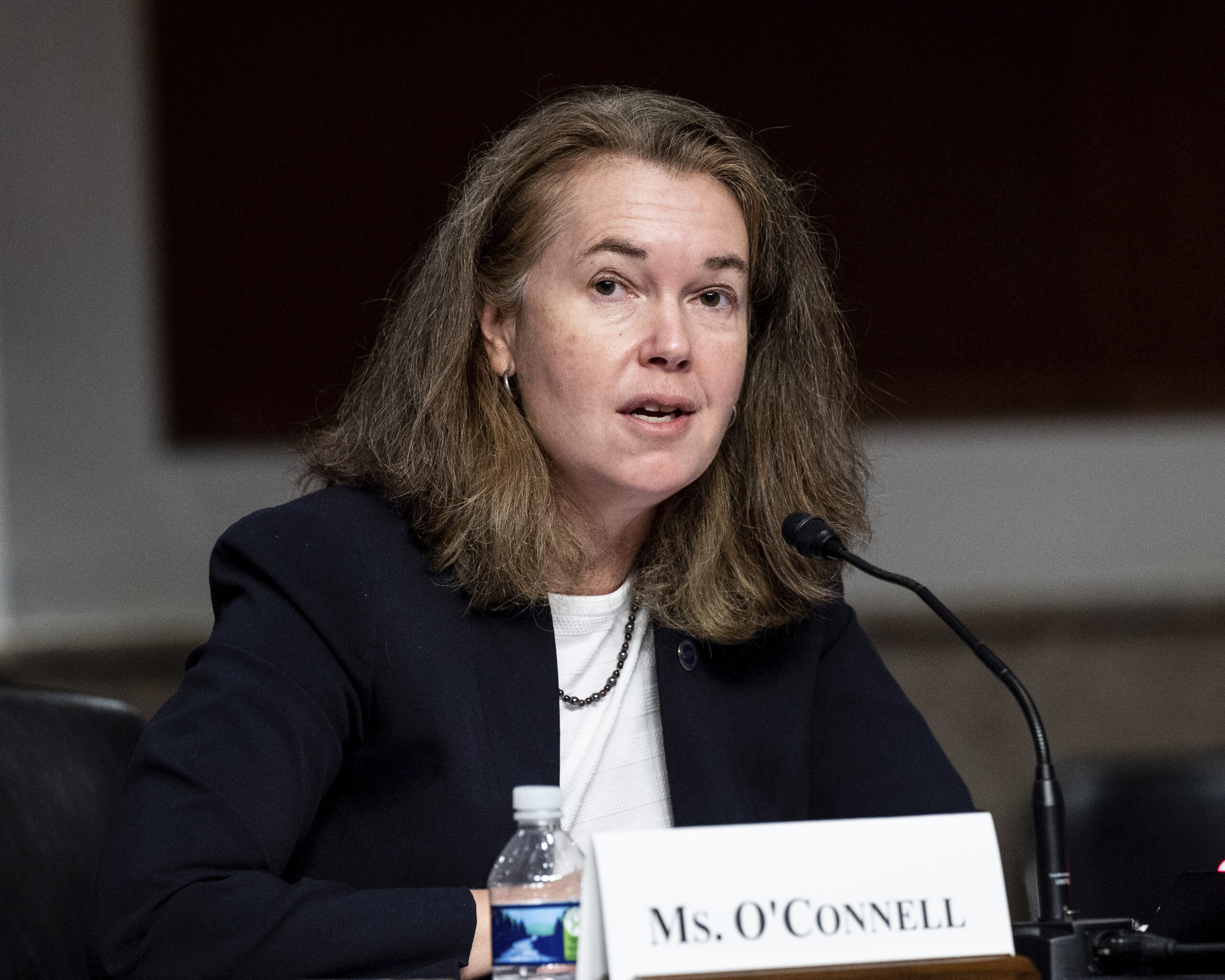
Dawn O’Connell, HHS' assistant secretary for preparedness and response (Michael Brochstein/Sipa USA)(Sipa via AP Images)
US expects to soon run out of government Covid-19 funds for vaccines, treatments
The US government is sounding the alarm that coming up later this year and in 2023, it won’t be able to pay for Covid-19 vaccines …
Sign up to read this article for free.
Get free access to a limited number of articles, plus choose newsletters to get straight to your inbox.